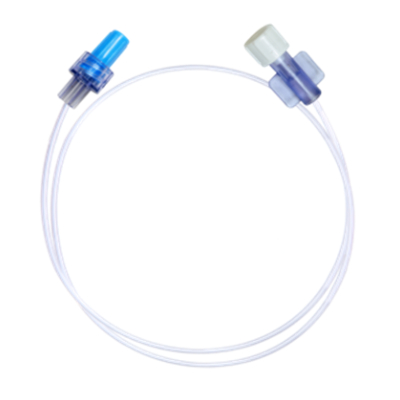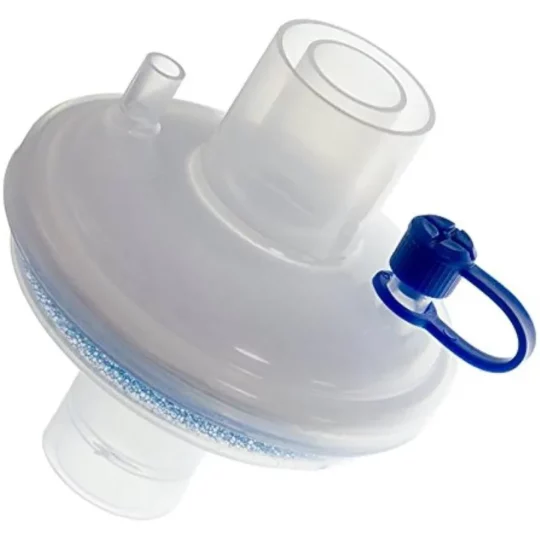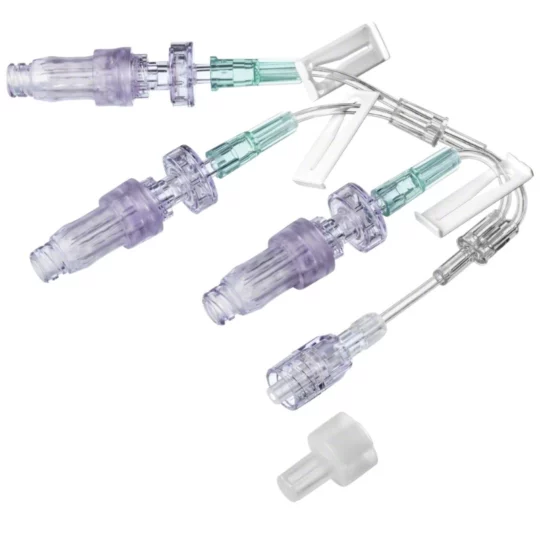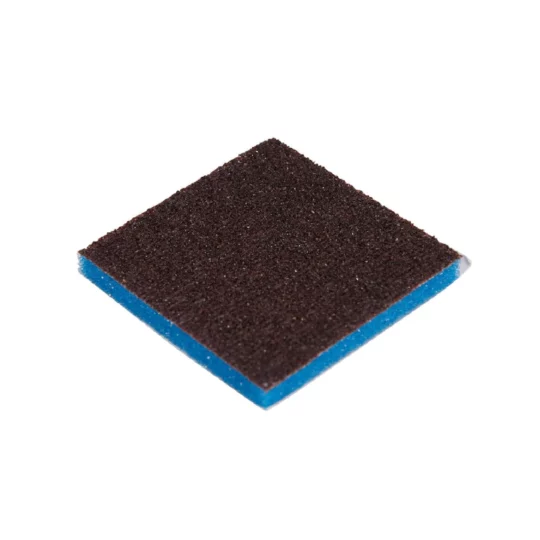Extension lines play a vital role in maintaining patient well-being and ensuring accurate fluid management in medical practice.
Their significance can be summarized as follows:
Extended Reach: Extension lines are employed when there is a need to deliver fluids, medications, or nutrients to patients over an extended distance, facilitating the administration of treatment even when the primary IV line is insufficient in length.
Minimized Discomfort: They reduce the need to repeatedly insert new IV catheters or access points, thereby minimizing patient discomfort and preserving their veins for more extended periods.
Versatile Usage: Extension lines offer flexibility in administering different types of fluids or medications. They can be used for blood transfusions, continuous medications, and various IV therapies without requiring a new access point.
Infection Control: These lines help maintain aseptic conditions during fluid delivery, reducing the risk of infection. This is particularly important in critically ill patients and those with compromised immune systems.
In summary, extension lines are indispensable tools in the medical field, ensuring the safe and efficient delivery of fluids and medications while minimizing patient discomfort and the risk of infections. Their versatility and sterile nature make them essential components of patient care and medical treatment protocols.







Reviews
There are no reviews yet.